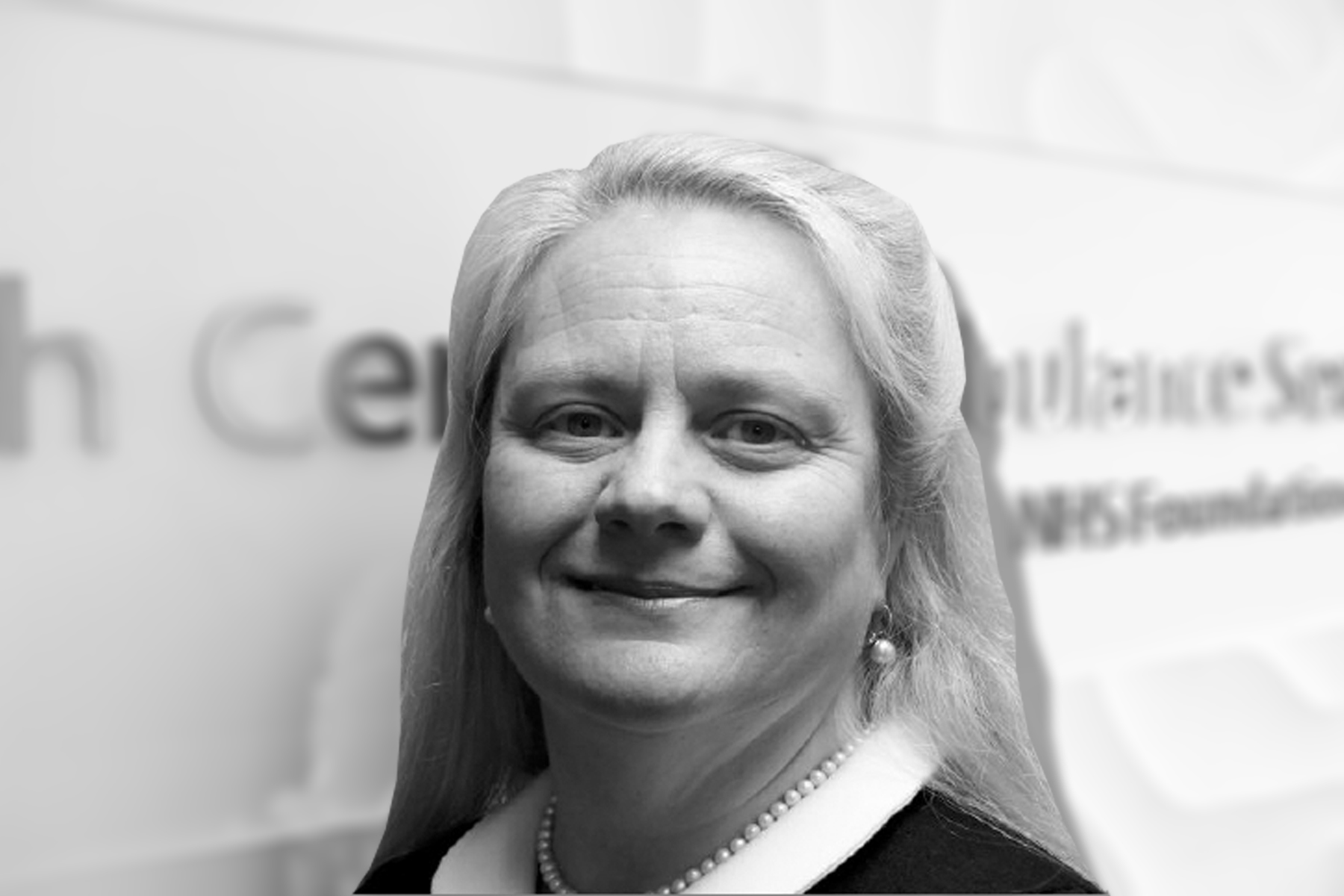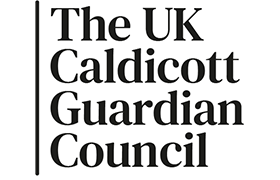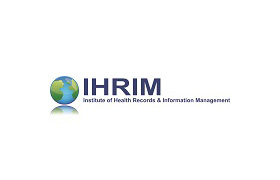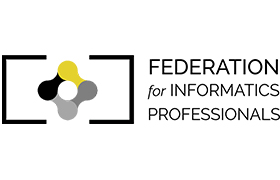News and updates from today's conference focusing on Information sharing between the police and health services for prevention, early intervention and care purposes.
Chair's Welcome & Introduction: Caldicott and Information Sharing with The Police - an overview
 Christopher Fincken
Christopher Fincken
Former Chair
UK Caldicott Guardian Council
& Contributor, Putting information sharing at the heart of collaborative working. Information sharing between the police and health services for prevention, early intervention and care purposes
• why do police need to see health records? an outline of the Legal and Ethical Criteria
• Police requests for Third Party Material – an update on the consultation
• experiences of Caldicott Guardians in working with the police
• the Police, Crime, Sentencing and Courts Bill & The Caldicott Guardian
• the guidance on Police information requests to NHS Organisations, GPs and other
healthcare providers in respect of potential homicide investigation, proof of life
enquiries and more general enquiries to trace missing persons
Christopher started the day by talking about trust, he said "The trust between the Public and Police can be damaged. Trusting an organisation is different to trusting an individual"
Sharing Information in Emergency Situations and Major Incidents
 Prof Helen Young
Prof Helen Young
Executive Director of Patient Care and Services & Caldicott Guardian
South Central Ambulance NHS Foundation Trust
• supporting frontline staff to share information in emergency situations
• managing the Caldicott function with queries involving urgent care
• anticipating emergency information sharing request and working through case
studies with frontline staff
• information sharing with the police during major incidents
• case studies and practice issues
On supporting frontline staff Helen said "Wherever possible we will seek consent, but there are cases it is just not possible"
Helen continued to say that paramedices will often see things that concern them when called to peoples homes, she said "We need to ask questions in a supportive way, but we also need to be asking the right questions to find out if somebody requires further help".
Helen concluded her talk by saying "It is really important to know what information to share at the right time and to only share what is genuinely required on a case by case basis, information sharing is critical"
Supporting Organisations



